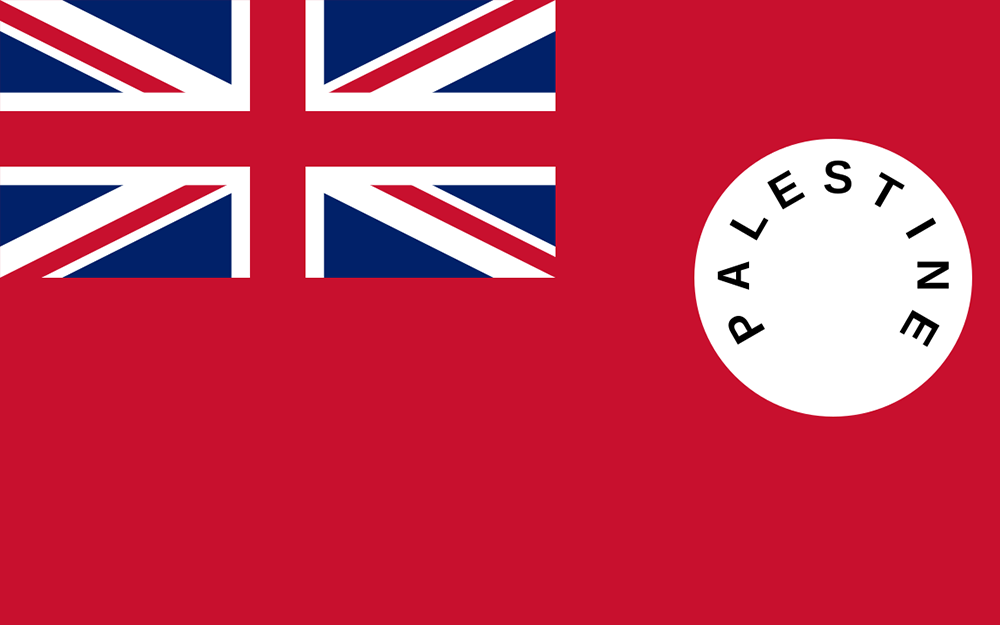
In the aftermath of World War I, the League of Nations found itself facing a critical decision concerning the governance of Palestine, an area that now encompasses present-day Israel and the West Bank. This pivotal moment in history marked the inception of the British Mandate, a period that would go on to have far-reaching implications in shaping the enduring and complex Israel-Palestine conflict.
Following the collapse of the Ottoman Empire, which had ruled over the region for centuries, Palestine became the subject of international attention. The League of Nations, established with the aim of preventing future conflicts through diplomacy and cooperation, was tasked with determining the future administration of Palestine. Britain, emerging as a victorious power in World War I, was granted a mandate to oversee the region in 1920.
The British Mandate for Palestine, initially viewed as a means to promote self-determination and prosperity in the area, became a pivotal turning point in the history of the Middle East. Here’s how this mandate played a critical role in shaping the conflict between Israelis and Palestinians.
1. Nationalist Aspirations:
During the British Mandate, competing nationalist aspirations emerged among the Arab and Jewish populations in Palestine. The Balfour Declaration of 1917, in which Britain expressed support for the establishment of a “national home for the Jewish people” in Palestine, set the stage for tension between these two communities. Arab residents, fearing that Jewish immigration and land acquisition would undermine their rights and self-determination, opposed these developments.
2. Land and Immigration Policies:
The British Mandate administration implemented policies that favored Jewish immigration and land acquisition. This led to increased Jewish migration to Palestine, further intensifying the demographic and political tensions. The Arab population’s opposition to these policies contributed to the deep-seated animosity that persists to this day.
3. The 1936-1939 Arab Revolt:
In response to the British Mandate’s perceived favoritism toward Jewish interests, a widespread Arab uprising known as the 1936-1939 Arab Revolt erupted. The conflict resulted in significant loss of life and further divisions among the communities.
4. The End of the British Mandate:
The end of World War II and the horrors of the Holocaust intensified international sympathy for Jewish survivors, leading to renewed support for the establishment of a Jewish state in Palestine. In 1947, the United Nations passed the historic resolution recommending the partition of Palestine into separate Jewish and Arab states, effectively ending the British Mandate.
The British Mandate, which lasted for nearly three decades, played a significant role in shaping the Israel-Palestine conflict by contributing to the deep-seated tensions, animosities, and territorial disputes that continue to plague the region. Understanding this historical context is essential for any comprehensive analysis of the ongoing conflict and the prospects for a peaceful resolution in the future.
